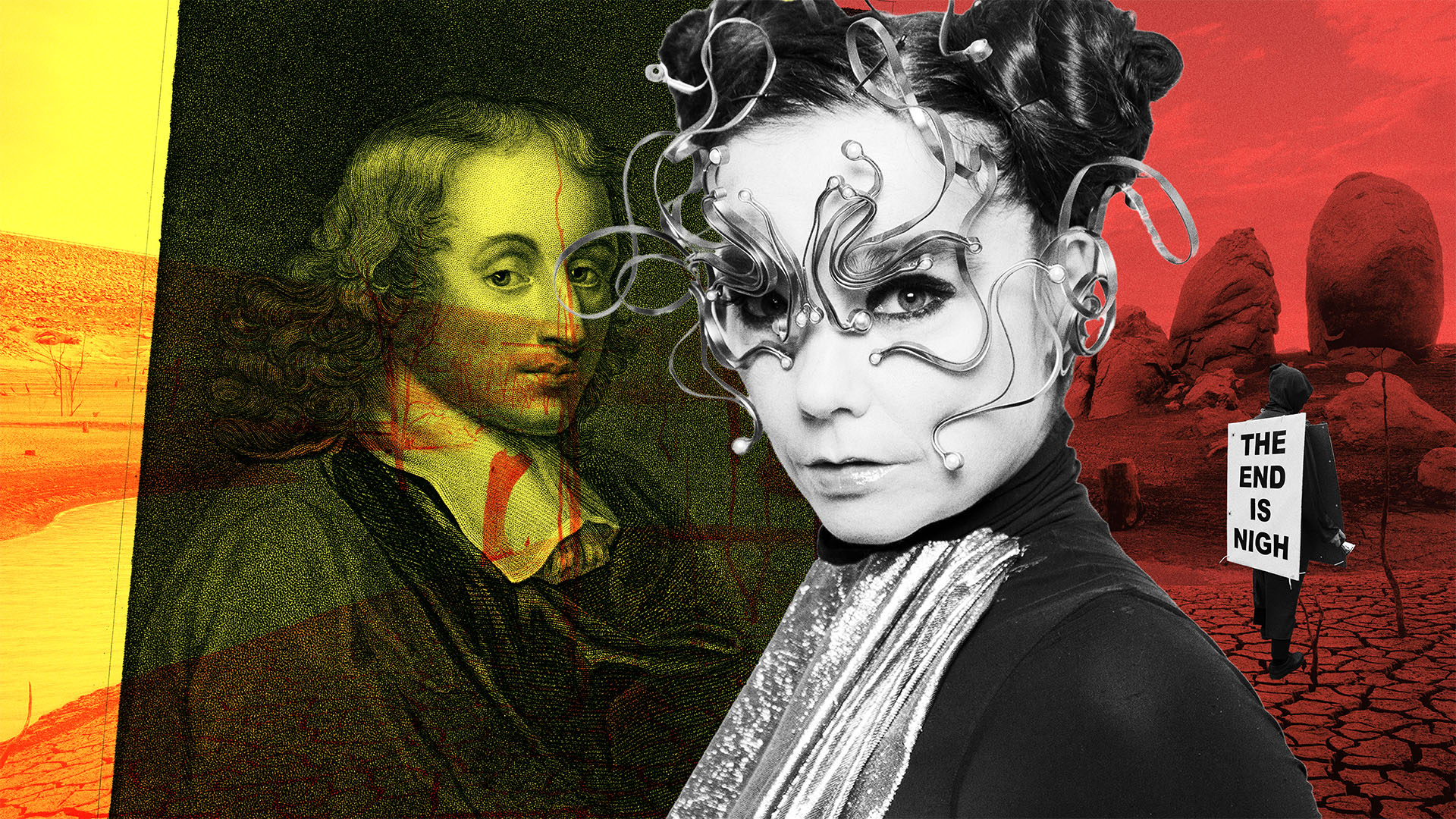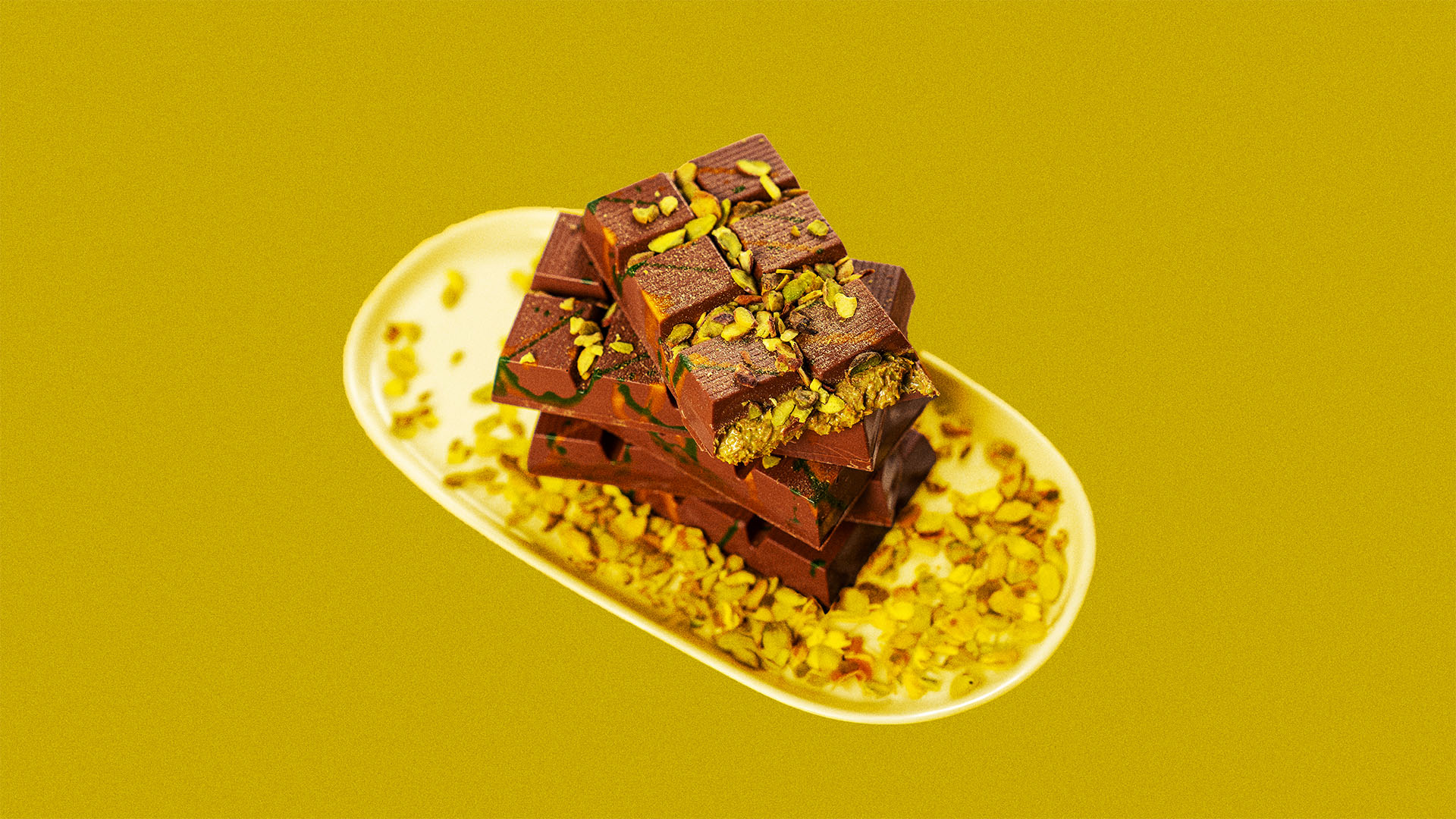For the past few weeks, an ominous quote has been gaining traction in my corner of the internet: “Climate change will manifest as a series of disasters viewed through phones with footage that gets closer and closer to where you live until you’re the one filming it” (the original post was from Twitter user @PerthshireMags). While this may be read as a critique of our inadequate response to the urgency of the climate crisis, it ultimately reinforces the idea that we are doomed.
This kind of fatalistic attitude has been showing up across my social media feeds a lot lately, with varying degrees of sarcasm. Whether they are jokes about living through “the end times” or comparisons of Trump’s second reign to the fall of the Roman Empire, all of these posts express the same core sentiment: the worst is yet to come, and there is nothing we can do about it.
Some might feel that pessimism is the only sane attitude in a world in which every seemingly insurmountable problem is met with a wave of equally overwhelming catastrophes. After all, what can one person stuck behind a phone screen really do? If we are indeed doomed – whether from climate change, rogue AI, the global rise of the far right, or the third world war – then we might as well laugh about it with our internet friends.
But thankfully, not everyone feels this way. In a recent interview, one of our greatest living philosophers, the Icelandic singer Björk, declared that she has no patience for our modern flavour of defeatism: “the nihilism, the self-pity, it’s like it’s cool to give up. [Laughs] I don’t think it’s cool to give up” (Paper Magazine, January 2025).
As someone who has often felt tempted by the seductive pull of doomerism, I welcome Björk’s wisdom.
She has helped me articulate something I think we all know deep down: there is a twisted comfort, a self-indulgence, in cynicism – and that should be enough to make us question it as an impulse.
Another important thinker, the 17th-century polymath and philosopher Blaise Pascal, described our various forms of entertainment, or diversions, as strategies we use to keep painful reflections on the “natural poverty of our feeble and mortal condition” at bay. What passes as entertainment has changed a lot since Pascal’s times. Today, many of us dwell in online spaces where algorithms amplify the voices of anxiety and gloom echoing around our self-contained bubbles. For Pascal, we turn to diversions to avoid thinking about death, but in a 21st-century doomer mindset, it is the fixation on our inevitable demise, whether imagined or real, that becomes the diversion itself.
We take refuge in the belief that all is lost to avoid the difficult task of imagining alternative futures, and the roles we might play in them. As Pascal wrote, diversion “hinders us from reflecting upon ourselves” and “makes us insensibly ruin ourselves.” The apathy born from cynicism could ruin us collectively, as it serves the interests of those invested in maintaining the status quo (which, at the moment, means chaos). Oil companies stand to profit as much from climate deniers as they do from doom-scrollers who believe their actions don’t matter.
One of Pascal’s other famous ideas might offer us a way out of this impasse. In his posthumously published Pensées, he framed religious faith as a wager: we cannot know for certain whether God exists, but we should choose to live under the assumption that He does. If God exists, we gain eternity in Heaven; and if not, we have lost little by believing. What if we applied this logic to assumptions about our future? We don’t know if we will make it as a society, a civilisation, or even as a species. And yet, it seems wiser to act under the assumption that a better future is within our grasp. If we are right, then we have everything to gain by fighting for it. And if we are wrong, we will not have lost much by choosing to be guided by hope.
Of course, this is infinitely easier said than done, and hope cannot become an end in itself. In fact, hope without action risks becoming just another diversion – one that leads us to sit back and wait for Greta to save us. But the point is that we will never see the world we want if we don’t even allow ourselves to imagine it. If we fixate on the end of the world, then chances are, that is exactly what we will get.
Despite what cynics may say, Björk is right to tell us that nihilism is profoundly uncool. And according to her, even our ideas about what the end of the world might look like aren’t all that interesting: “There have always been apocalypses. We had Noah and the flood, we’ve had plagues. There’s always been this narrative, and now I think it’s about being active and being part of the solution. And also to have the courage to imagine a future and be in it, to be it. To inspire your work locally in your community or however you think you can make a difference.” There is no ready-made formula for navigating these depressingly unprecedented times. But stepping outside and betting on anything other than doom seems to be an essential first step.




